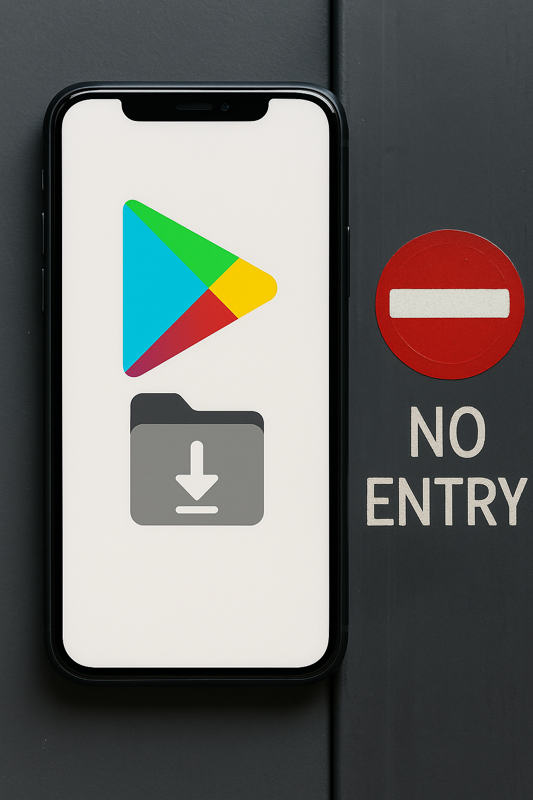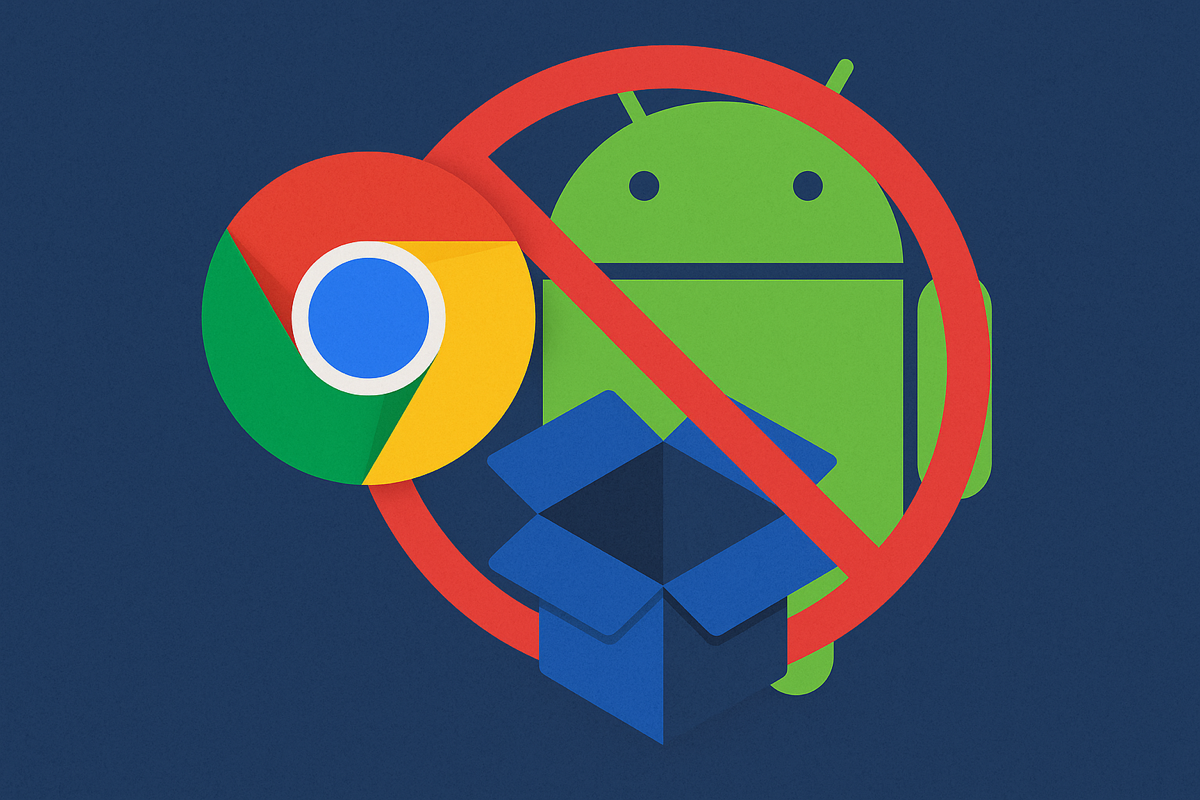Google is moving to tighten app distribution rules across the Android platform. Starting in 2026, the company will block sideloading of apps that do not have a verified developer identity, effectively implementing an app sideloading ban. The change affects nearly every certified Android device, encompassing the majority of the global Android market.
What’s Happening & Why This Matters
Google’s decision comes at a delicate time for its app business. The company lost an antitrust case brought by Epic Games, which challenged the dominance of the Google Play Store. Courts have ordered Google to allow third-party app stores and even permit Play Store apps to be rehosted elsewhere. An app sideloading ban, while creating new competition, also means more apps could be installed from outside the official store.
To address this, Google is introducing a verification system. Developers will need to prove their identity through the Android Developer Console. Testing is scheduled to begin in October 2025, with global expansion planned for 2027 following initial launches in Brazil, Indonesia, Singapore, and Thailand in September 2026.

The ban raises two central issues. On the one hand, it enhances security. Malware threats on Android often spread through unregulated third-party sources. Blocking unverified apps could reduce this risk and effectively support the ban. On the other hand, it gives Google a strong grip on the app market just as courts are trying to loosen it. Developers must meet Google’s requirements before their apps can reach users on certified devices.
Security experts agree that sideloading can be a risky practice. Still, critics argue Google’s plan feels heavy-handed. The app sideloading documentation so far leaves questions unanswered. It is unclear what happens if someone attempts to install a non-verified app, or how verification checks will function in practice. Many expect enforcement will rely on Google Play Services, which runs on most Android devices.
This change will not affect phones running non-Google Android builds, which are rare outside of China. However, for the global Android ecosystem, it represents a massive policy shift.
TF Summary: What’s Next
Google is walking a fine line between protecting users and controlling the app economy. With antitrust rulings opening the door for third-party stores, the company is using verification to keep its influence over app distribution. Developers need to prepare, now, for stricter compliance rules.
For Android users, this means fewer risks of malware but also fewer options to bypass Google’s systems due to the app sideloading ban. The full rollout may not come until 2027, but the foundation is being laid today.
— Text-to-Speech (TTS) provided by gspeech


